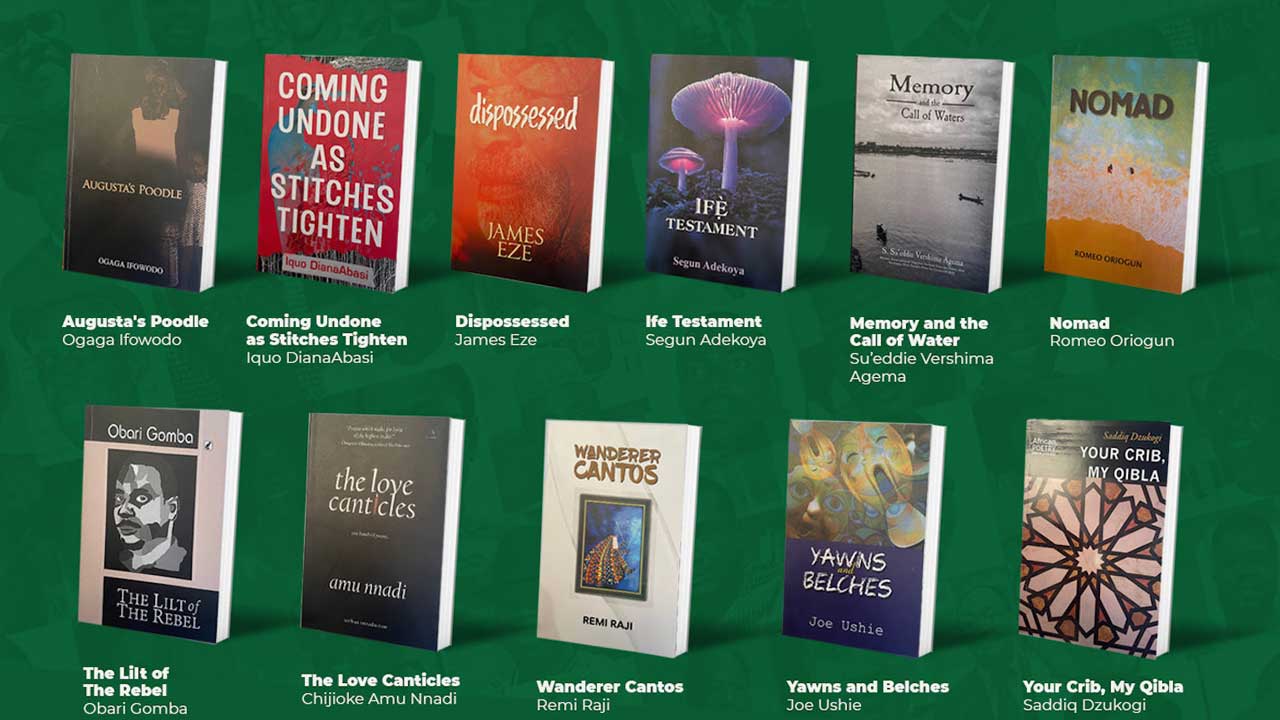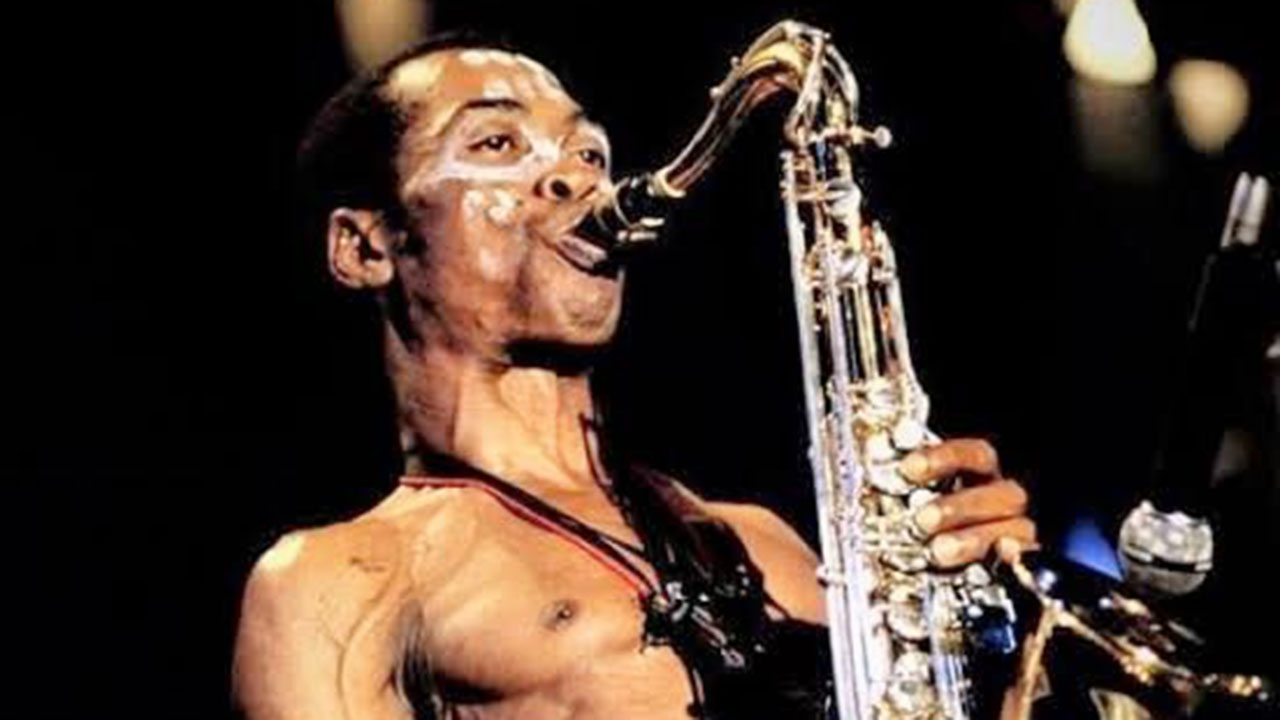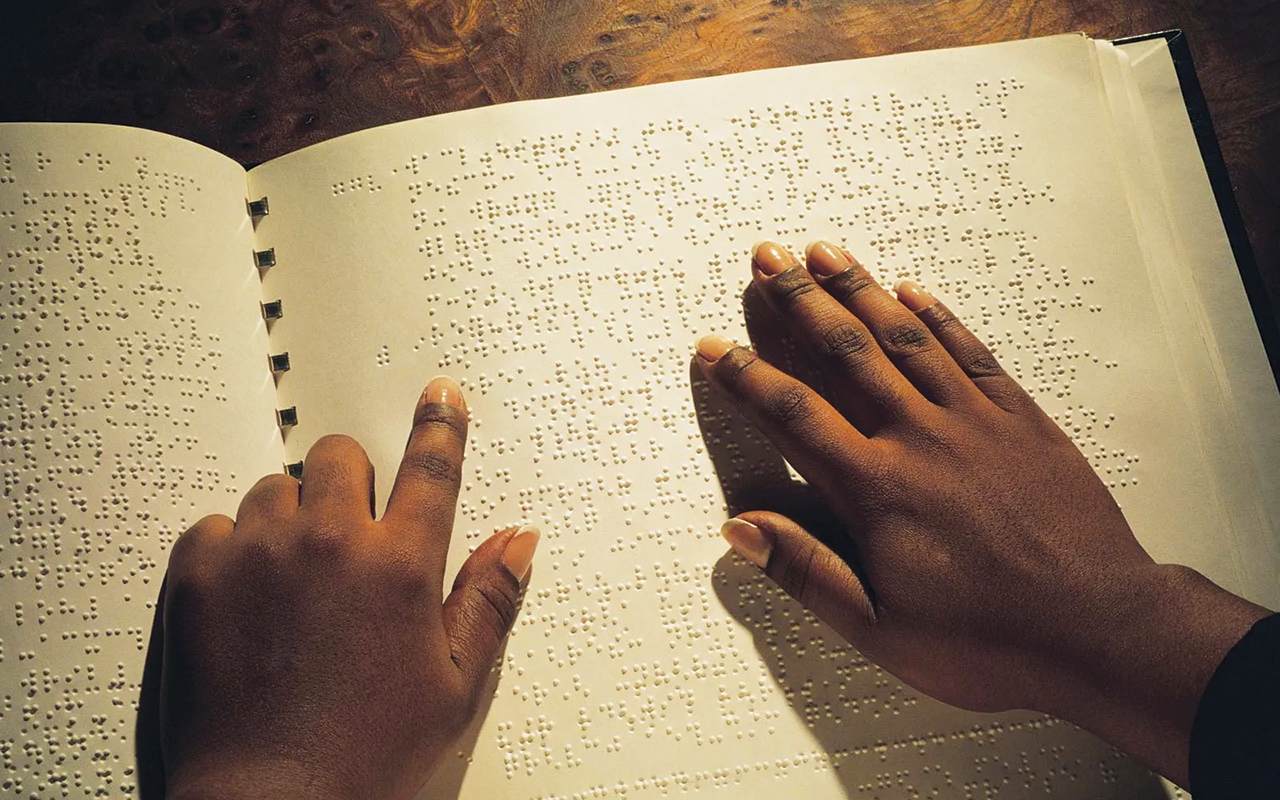
Today, the Committee for Relevant Art (CORA) and Nigerian Liquefied Natural Gas (NLNG) Ltd will be hosting guests to a book party at the Eko Hotel, Lagos in honour of the 11 longlisted authors of the Nigeria Prize for Literature (NPL) in 2022, something they have done together for 13 years.
Definitely, it’s not a grand prize ceremony to declare the winner. That surely will be in October.
The book party is a potpourri of events, which afford members of the public opportunity to interact with the authors on their works. “The party helps to promote a reading culture especially among young Nigerians, engage relevant publics in literature, academia and the media and stimulate public interest in the Longlisted works and the NPL,” says Andy Odeh, NLNG Ltd’s General Manager External Relations and Sustainable Development.
The party was created in response to calls that the prize should do more than a glamourous gala night in which one author got rich, but the Nigerian book trade and literary scene as a whole didn’t seem elevated.
CORA believes that a full ecosystem of the book trade is still possible in spite of the age of twitter, that we can have robust, publishing, book clubs, authors’ appearances to audiences to read everywhere from Okokomaiko to Maitama; bookshops in traditional markets, in shopping malls, online sales of ebooks and audiobooks, active proliferation of book blogs, book reviews everywhere; libraries in every corner of the country.
The 11 books on the longlist are: Augusta’s Poodle, Ogaga Ifowodo; Coming Undone As Stitches Tighten, Iquo DianaAbasi; Dispossessed, James Eze; Ife Testament, Olusegun Adekoya; Memory and the Call of Waters, S. Su’eddie Agema; Nomad, Romeo Oriogun; The Lilt of The Rebel, Obari Gomba; The Love Canticles by Chijioke Amu Nnadi; Wanderer Cantos by Remi Raji; Yawns and Belches, Joe Ushie and Your Crib, My Qibla by Saddiq Dzukogi.
In 18 years, $1.08 million have been given out as prize, which in today’s unofficial naira market (1 USD = 710 NGN), is about N768 million. This year again, $100,000 is on for grab.
Dr Soji Cole, a theatre teacher and 2018 winner, feels the prize has impacted the Nigerian literary scene fairly well. “I said ‘fairly’ well because it could be better. As at now, the essence of its impact could be singled as us (writers) trying to write something ‘fantastic’ because of the prize return that is attached to the competition.”
He continues, “there are other ways to look at it when we ascribe impact to the overall literary scene. What about readers? What about publishers? What about talents? What happens to an eventual winner after? What programmes are on-hand for literature to keep thriving aside from the competition? I know this is a lot for NLNG to deal with.”
Cole says the gas company is doing its bit by investing a lot of money and clout in this, but adds, “we need others (especially literary associations) to team up with the organisation to elevate the standard. It is not about seeking sponsorship from NLNG on programmes relating to literature, it is about partnership with wholesome interest.”
Jahman Anikulapo, culture journalist, documentarist and Programme Chair of CORA, who conceived the idea of the book party during a review of the first five years of the award in 2009, says, “though that is quite some significant amount of money in anyone’s account, CORA sees, in it an opportunity for the creation of an entire economy around the book trade.”
Anikulapo says, “the party is used to celebrate the authors and their works for emerging as some of the very best in the country,” Anikulapo explains. “If you make it to the last 11 out of the highly competitive entries, the public needs to hear your voice.”
Since it debuted in 2004,it has been a prize to look forward to in the Nigerian literary space. It has, year-in-year out highlighted some works for popular notice and has improved the financial and literary fortunes of past winners.
The award, in its 18 years of existence, has become fundamental to Nigeria’s literary fame, even as the naira value has also encouraged an outburst of creative excellence.
Little wonder, prior the 2019 Nigerian general election, British Broadcasting Corporation did a story titled, Five things about Nigeria: The superpower with no power. The piece looked at some critical areas, noting, Afrobeats and books stand the country out.
According to the report, Nigeria packs a cultural punch in literature — it also boasts some of the world’s greatest writers. Top of the list is the late Chinua Achebe, whose debut novel, Things Fall Apart, has become a classic of post-colonial literature, selling more than 20 million copies since its publication in 1958. It has also been translated into 57 languages.
In an era where the cultural status of books has waned, with Nollywood and afrobeats looming larger in the entertainment spectrum, the Nigeria Prize for Literature has provided an energising force for appreciation of the literary tradition. It has also given the culturati a rare opportunity to become coronated in the media space. The winning entries and near misses have made for gleeful headlines.
Though the prize has yet not become part of a bigger publishing, which will guarantee surge in sales for listed books, that, however, belong to the publishers, who are more comfortable with school texts, JAMB and WAEC recommended texts.
Books that are launched and bring in money in the country are those of hagiographers and the memoirs of corrupt politicians and their supporters who are able to raise millions and billions at such launchings.
However, the competitiveness and the Nigerian spirit have made it reliable, especially, its knack for creating tension.
While attesting to the fact that the prize has been ‘generative,’ Cole says, “as a past winner, the prize has conferred this grandeur of elevation on my writings. My writings have never been completely satisfactory to me–as I guess other writers have the same feeling towards their works. There are always things you feel could have been done better, and better, and better, even after publication. The prize makes readers look at you like a king, but apparently no one is king when it comes to writing. I tell people not to place too much expectation on my works: if I write a great work today, I might disappoint you tomorrow. That is my creative flow and you’ll do well not to judge me by past works. There is no issue of improving on past works here; it is irrelevant. Everyone aspires to be better, but as a writer you are like a professional boxer: you could knock everyone down today, and tomorrow, you are knocked down. As a person, the prize has changed my economic status but not my person.”
The immediate past President of Association of Nigerian Authors (ANA), Denja Abdullahi, says the Prize has led to more attention being paid to the aesthetics of publishing itself.
A near winner in 2018, when his drama, Death and the King’s Grey Hair, made the shortlist of three, he says, “I can say my drama received validation with the numerous staging it has received across Nigerian universities and societies since that time. The last of the staging was on July 16, 2022 in Minna by a group of primary school pupils.”
He adds, “I will not say it has led to more people writing, because with or without the prize, people will always write. Literary prizes do not necessarily engineer writing excellence, but isolate a work for recognition for the excellence it has already. It is not very true that people write with a prize in mind and anyone who does that will hardly win any prize. The NLNG Literature prize has progressively tried to live to the criticism and yearnings of those who followed it, in the various amendments they have made to it over the years. The one thing they need to still do is to stop the regime of the winner- takes- all policy. The other books on the shortlist of three should also get something even if not consolatory prize money. What happens to the winning book or the author after the prize announcement should be of concern in the prize future administration. Another way to do this is that for instance when drama is involved, the winning drama should be staged with support from the Prize body.”
For Anote Ajeluorou, “the prize is an economic life-saver for the winning writer!”
He continues, “it gives visibility to writers who make the longlist, the shortlist and finally, the eventual winner.”
Ajeluorou says, “publishing in the country is at its lowest level. Publishers don’t give writers needed publicity and marketing.”
The writer and former Arts Editor of The Guardian, whose work, Igho Goes To Farm was long listed in 2019, “books hardly sell, not as much as it should be. But making the longlist guarantees you some sales, as the prize generates interest in the writers’ works that make the list for the year. So, the publicity that a poor publishing environment denies writers is garnered as a longlisted or shortlisted writer.”
He adds, what NLNG has done differently is for the company to buy a sizeable number of copies of a writers’ work, “1,000 copies once a work makes it to the last three. This is a huge boost in a country where a writer manages to sell a few hundred copies of books.”
Ajeluorou says the best books are thrown up each year and made known to reading public.
“No other prize system gives writers this sort of visibility. A writer lacking in visibility is simply not writing. This alone puts NLNG miles ahead. Not to mention the huge prize money for the winner in a clime like Nigeria where the writer is at the bottom rung of the economic scale in the creative ecosystem. In fact, a writer making the longlist becomes instant celebrity of sorts, as people begin to pay you attention as a writer. The Book Party where the 11-longlisted writers gather is where any writer worth his salt should be. It’s such fun and a moment for a writer to sell himself and his or her craft,” he concludes.
For Jude Idada, the 2019 laureate, “there is no gainsaying that the Prize on the Nigerian literary scene, both local and in the Diaspora, has been enormous.
Idada reveals, “it has catalysed output and quality. It has also created a healthy spirit of competition and camaraderie amongst writers and has accorded a certain kind of prestige to the craft when placed alongside more populist platforms such as, television, film and music.”
He believes the prize is transformative and has given the young and upcoming writers something to aspire to, which is the fertiliser needed for a healthy harvest.
“Finally, it has fed academic scholarship with content for teaching, research and criticism, which in more ways than one is a bedrock for improved writing, critical analysis and structured and unstructured contribution of literature to the shaping of the ethos and pathos of both the present and future society,” he admits.
As a past winner, the prize has changed a lot about him and about his work.
According to him, “it has raised the bar of output and quality in the realm of style, theme, structure and form. For, as it is said, to whom much is given, much is expected in return. I know now that there is a certain expectation that rides on my back and I have in so many ways have to meet it. Not just as a role model in terms of personage, but a role model in terms of penmanship. I cannot just write for the sakes of writing, I have to write purposefully and intentionally.”






